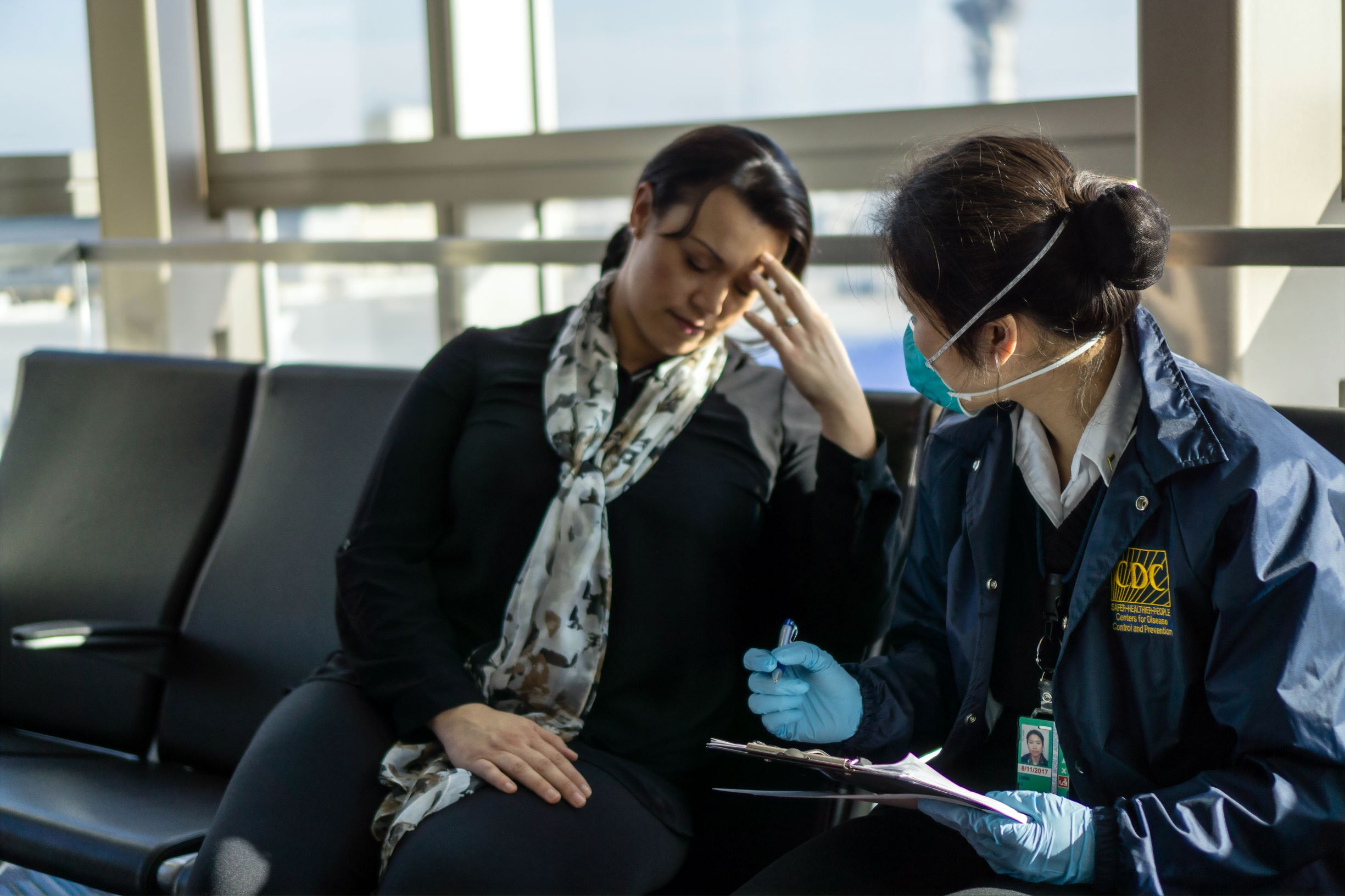The Ministry of Health has updated its definition of COVID-19 symptoms to include a loss of smell.
New suspected symptoms continue to be reported across the world, including reports of Kawasaki disease in children with COVID-19 in the UK, and skin issues in Italy.
The SMC asked experts to comment on rare or unconfirmed symptoms.
Dr Michael Maze, Respiratory and Infectious Disease Physician, University of Otago, comments:
“COVID-19 is a virus that can infect cells in several different organs in the body. Because it is new we expect over time less common symptoms will come to light. In the last week or two we are seeing reports of strokes that may be caused by COVID-19, as well as unusual skin rashes and instances where the immune system has gone haywire as a result of the virus.
“While all these observations are important in helping us better understand the full spectrum of what the virus can do, we do need to remember that what is being reported appear to be rare, with only handfuls of people with these symptoms among hundreds of thousands or millions who have been infected. In New Zealand, we have very few cases by comparison.
“We need to remain alert to these rare symptoms, but fever, cough, breathlessness, muscle aches, fatigue and loss of smell are much more common. If people are having any of these symptoms – they should get tested.”
No conflict of interest.
Professor Kurt Krause, Infectious Diseases Physician; Professor of Biochemistry, University of Otago, comments:
“It is increasingly recognised that COVID-19 is a disease which affects multiple systems through the body, and observations of this are becoming the norm.
“This is consistent with the fact that the ACE2 receptor – which the virus uses to break into human cells – can be found on a wide range of human cell surfaces, including respiratory, gastrointestinal, arterial, kidney and even in the brain! It is also consistent with some of the coronavirus infections in animals, like feline infectious peritonitis (FIP), in which internal coronavirus involvement is widespread.
“The ubiquitous nature of these receptors is, I think, behind the unusual symptoms we are reading about.”
No conflict of interest.
Associate Professor Tony Walls, University of Otago, Christchurch; and Paediatric Infectious Disease Specialist, comments:
“At the moment we have very few details of the COVID-19 link to Kawasaki disease, and are just relying on media reports. This seems like it’s something that does need to be taken seriously, but at present it should not concern parents of children in New Zealand. Very few children have had COVID-19 infection in New Zealand and none have been sick enough to need hospital admission.
“Kawasaki disease is a relatively rare illness, which almost exclusively affects children. The cause is unknown, but it presents with an extreme immune response to some stimulus, kind of like the immune system going into overdrive. It’s thought that many different things can set this off, and what people may be worried about is that COVID-19 could be involved in some of the cases described.
“These reports need to be taken in context. The UK is a country that’s suffering badly from COVID-19 presently. They have over 150,000 confirmed cases, and that’s probably an underestimate. There have been over 21,000 deaths from COVID-19 in the UK so far. So it’s a very different situation to what’s happening in New Zealand.
“Also remember we are looking at 20 possible cases out of something like 11.5m children in the UK. The reports say that half of these cases have tested negative for COVID-19.
“Kawasaki disease generally has a seasonal pattern and the UK Kawasaki Disease Foundation have put out a statement saying there are fewer cases of the disease at the moment than we would normally expect at this time of year.”
No conflict of interest.
Associate Professor Arindam Basu, College of Education, Health & Human Development, University of Canterbury, comments:
“The issue of the lack of a sense of smell (anosmia/hyposmia) was being discussed around the time of the beginning of the lockdown, and we have seen a letter from ENT UK (Claire Hopkins) which says loss of sense of smell is a marker of COVID-19.
“It is now well known and several case reports are now available. The CDC has recently added the loss of smell as one of their marker symptoms, as has the Ministry of Health here. A recent preprint study reports that the receptor the virus uses to enter human cells is found in the olfactory support cells. If this report is validated, then there may be some biological basis behind the claim.
“Researchers wrote on the basis of their experience in Italy that doctors should pay attention to the anosmia and ageusia (loss of smell and taste respectively), as it was the first or only symptom of COVID-19 in a “non-negligible number of patients”.
“So, anosmia and ageusia are emerging as non-trivial symptoms that need to be registered.”
No conflict of interest.
